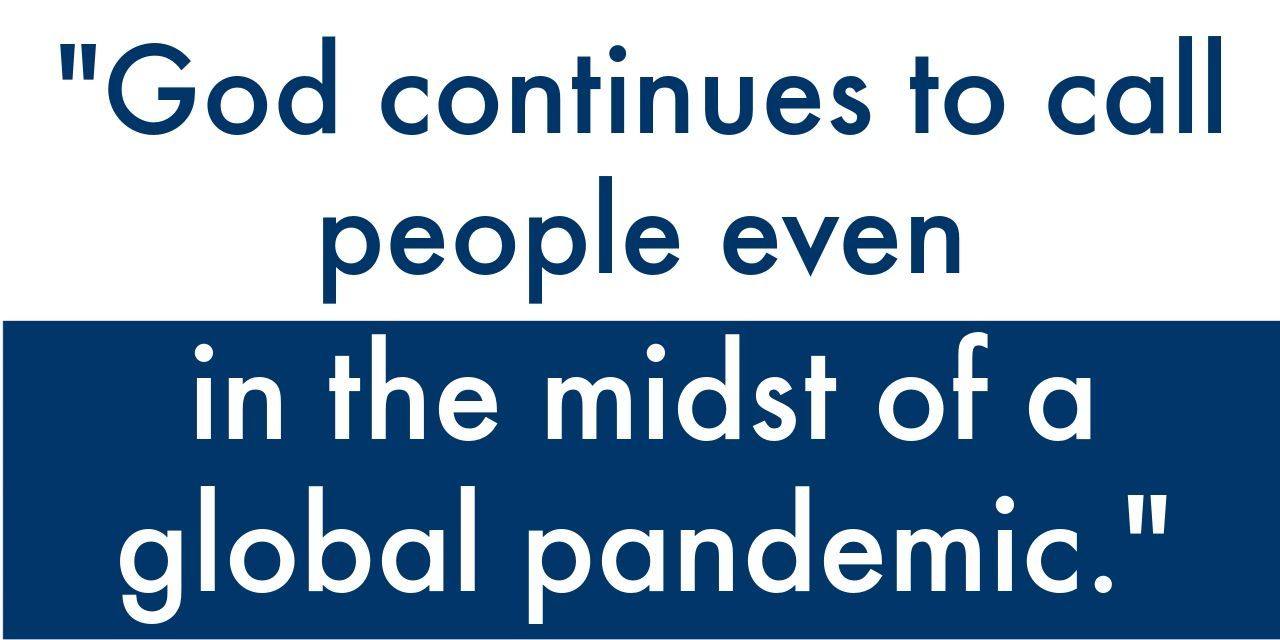
COVID or no COVID
This post is an excerpt from SEND Canada's 2020 Annual Report.
-----
As single young adults, Tyler and Camille believed God was calling them into cross-cultural ministry. Soon after they were married, their calling to serve overseas was affirmed. Together the Hildebrandts felt a yearning to inquire more about missions.
Called to Thailand
In 2019, Tyler and Camille participated in a vision trip to Thailand. They observed the ministry to the Shan, an unreached people group (UPG) in southeast Asia who are displaced, marginalized and poor. The Hildebrandts admired the couples who were diligently working with the Shan in different ways. Tyler and Camille returned to Alberta with the desire to return to serve in Thailand!
The Hildebrandts took the next six months to seek God and to listen to the counsel of trusted people. Over time, they believed that God was indeed leading them to serve among the Shan with the team there.
The Call Remains
In late 2020 God blessed them with a beautiful baby. After Everett was born, well-int ended people asked Tyler and Camille if they were now going to remain in Canada instead of serving overseas. Understandably, grandparents struggled with the thought of having their grandson in Thailand. However, the Hildebrandts believed that God was still leading them to serve cross-culturally! Having a baby did not change their calling, and they continue to prepare for mission service.

COVID-19 has brought so many challenges across the world! Many people are fearful and struggling. However, one lesson Tyler has learned is that God continues to call people even in the midst of a global pandemic.
Right now, Tyler and Camille are working, studying, and raising support. Lord willing, in early 2022, they will depart for Thailand. They are looking forward to living out their calling to spread the gospel and minister to the needs of the Shan people.
Additional Posts






